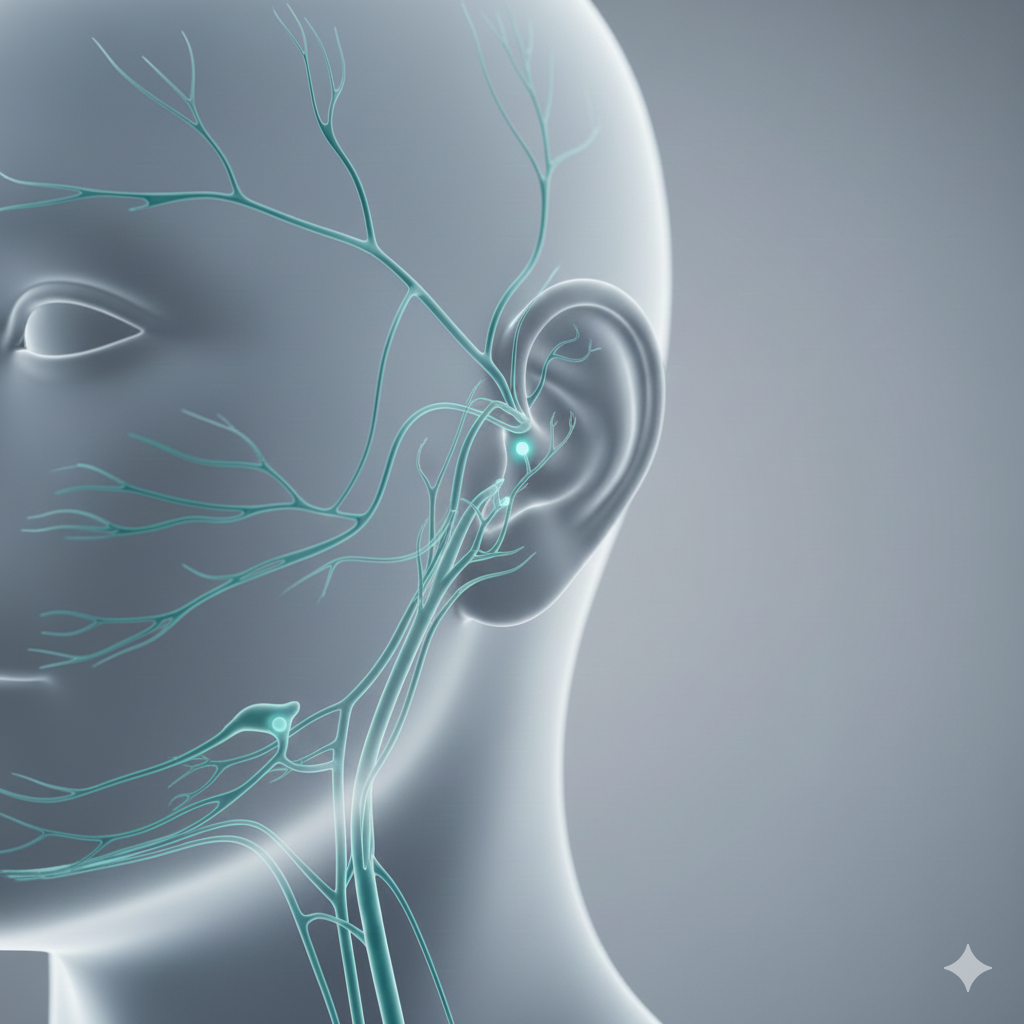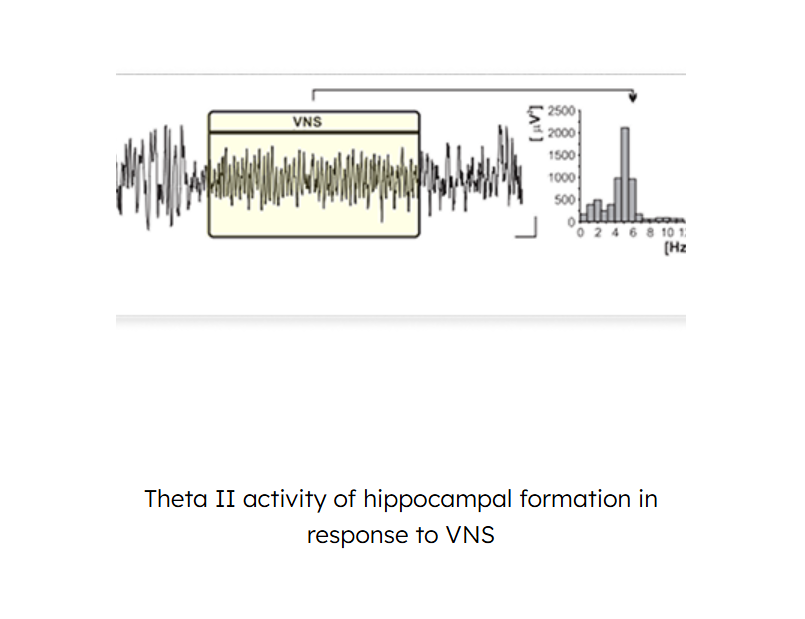Confidence through ongoing
Scientific & Clinical Validation
Where Neuroscience, Engineering, and Sleep converge to combat cognitive decline
At Cogniguard we are committed to delivering science-based, clinically-validated therapy for MCI and early Alzheimer’s patients. Our team of neuroscientists, clinicians and Biomedical engineers has spent years developing and refining the Vguard solution.
During night sleep, Vguard delivers special neurostimulation treatment, proven in an animal study model, to generate Theta Waves, which have been shown to reflects Hippocampal activity.
This innovative approach enhances cognitive function, preserves memory, and slows the progression of cognitive decline.
Scientific Validation
- 5+ Years of Animal Trials
Proven hippocampal Theta II wave generation during Vguard stimulation. - Clinically-Informed Innovation
Developed by neuroscientists, clinicians, and biomedical engineers. - Backed by Peer-Reviewed Research
10+ publications in leading neuroscience journals.

Mechanism of Action: How Vguard Activates the Brain
- VGuard uses auricular vagus nerve stimulation (aVNS) to influence the hippocampus, promoting the generation of theta waves during sleep. These waves are known to support memory processing and neural connectivity.

Hippocampus Activation – Animal model
The company established the device’s mechanism of action through fundamental research in animal, demonstrating a direct link between electrical stimulation of the vagus nerve and cognitive arousal.
In these studies, it was demonstrated for the first time the presence of hippocampal type II theta in response to the application of VNS.
This discovery is groundbreaking in showing the impact of VNS stimulation on hippocampal function, a key brain structure responsible for memory processing.
The research enabled the development of a stimulation protocol used in the VGuard method. The results of our studies have been published in a series of research papers in renowned scientific journals.
References:
Brain Research 1675, November 2017, Pages 41-50
Brain Res Bull. 147, Apr 2019, pages 110-123
Brain Res Bull. 152 Oct 2019, pages 236-245

In double-blind trials, participants showed significant improvements in:
- ADAS-Cog
- MMSE
- Verbal Memory Probing
- Colour Trails Test (CTT)
Study 1: 7-point ADAS-Cog improvement in treatment group
Study 2: Positive trend with 1.5-point improvement


Why It Matters: From Synapse to Society
By improving cognitive function, VGuard aims to reduce caregiver burden, delay institutionalization, and empower families to preserve quality of life
Publications
- Broncel A., Bocian R., Kłos-Wojtczak P., Konopacki J. 2021, Noradrenergic Profile of Hippocampal Formation Theta Rhythm in Anaesthetized Rats
- Broncel A. ,Bocian R. , Kłos-Wojtczak P. , Kulbat-Warycha K. , Konopacki J. 2019, Vagal nerve stimulation as a promising tool in the improvement of cognitive T disorders.
- Broncel A., Bocian R., Kłos-Wojtczak P., Konopacki J. 2018. Medial septal cholinergic mediation of hippocampal theta rhythm induced by vagal nerve stimulation. Plos One. 5;13(11).
- Broncel A., Bocian R., Kłos-Wojtczak P., Konopacki J. 2018. Some technical issues of vagal nerve stimulation. An approach using a hippocampal formation theta rhythm. Brain Res Bull. 140:402-410.
- Broncel A., Bocian R., Kłos-Wojtczak P., Konopacki J. 2017. Vagus nerve stimulation produces a hippocampal formation theta rhythm in anesthetized rats. Brain Res. 1675:41-50.
- Broncel A, Bocian R, Kłos-Wojtczak P, Kulbat-Warycha K, Konopacki J. Brain Res Bull. 2020 Feb Vagal nerve stimulation as a promising tool in the improvement of cognitive disorders.
- Broncel A, Bocian R, Kłos-Wojtczak P, Konopacki J. Brain Res Bull. 2019 Oct Hippocampal theta rhythm induced by vagal nerve stimulation: The effect of modulation of electrical coupling.
- Broncel A, Bocian R, Kłos-Wojtczak P, Konopacki J. Brain Res Bull. 2019 Apr GABAergic mediation of hippocampal theta rhythm induced by stimulation of the vagal nerve.